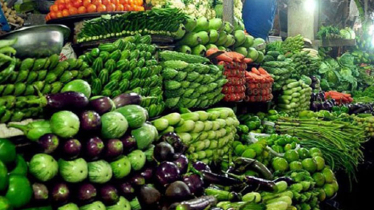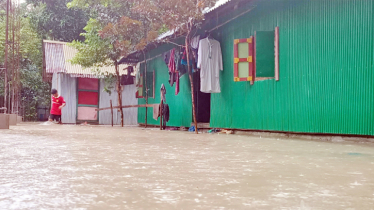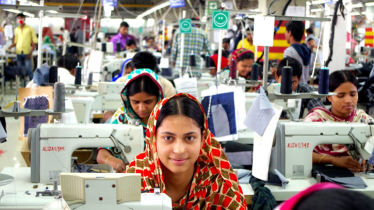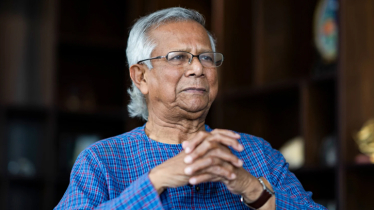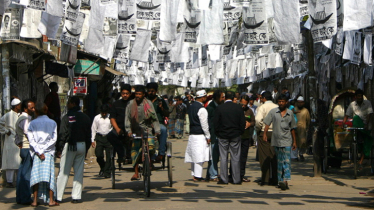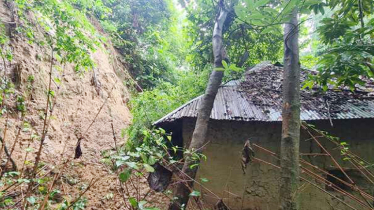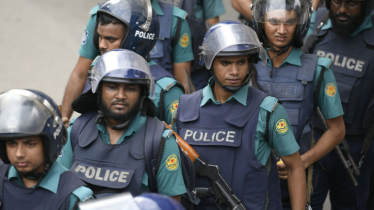
Photo: Collected
The country is facing a looming threat of food insecurity as a survey by the Bangladesh Bureau of Statistics (BBS) has exposed that 21.91 percent of the country’s total population is grappling with moderate food insecurity. According to the ‘Food Security Statistics Project-2022’ report released on Sunday (31 December) by the BBS, 20.77 percent of urban dwellers, 24.12 percent of rural residents, and 11.45 percent of those in city corporation areas are experiencing food insecurity. Alarmingly, 83 percent of people find themselves in extreme insecurity.
Specifically, the people of Rangpur are grappling with food insecurity, while the situation in Sylhet is remarkably severe, ranking as the most affected region. This indicates that one in five individuals is food insecure, with Rangpur reporting 29.98 per 100 people facing insecurity and Sylhet revealing a staggering 1.42 per 100 people in severe food insecurity.
Further insights from the report disclose that 22.83 percent of families in Barisal, 19.66 percent in Chittagong, 16.40 percent in Dhaka, 26 percent in Mymensingh, 25.01 percent in Rajshahi, and 26.48 percent in Sylhet are grappling with food insecurity.
The report underscores three crucial determinants of food security: food availability, affordability, and the nutritional quality and safety of food. To address these challenges, a combination of short-term and long-term measures is recommended to safeguard food security amid the looming global food crisis. Accelerating the import of essential food items in line with government targets is emphasized.
Despite these concerning figures, there is a glimmer of hope as the country’s calorie intake has witnessed an increase. Globally, over 3 billion people lack access to healthy food, prompting the need for collective efforts to ensure food safety. In the national context, enhancing the productivity of rice and other food products is vital, necessitating a halt to the conversion of agricultural land to non-agricultural purposes. Increased investment in the agricultural sector at both the public and private levels is advocated to boost production.
Furthermore, addressing the quality and safety of food is crucial. Measures to eliminate unsafe food from the market and enhance the purchasing power of the new and middle class should be implemented. Prime Minister Sheikh Hasina has urged active participation in domestic food production and the cultivation of unused land in households to combat the prevailing challenges.
The prime minister also emphasised the need to address underlying factors affecting food prices and access during conflicts – thereby encouraging international collaboration against food insecurity. However, a thoughtful approach to food security is imperative for the well-being of the nation.
Messenger/Sun Yath

